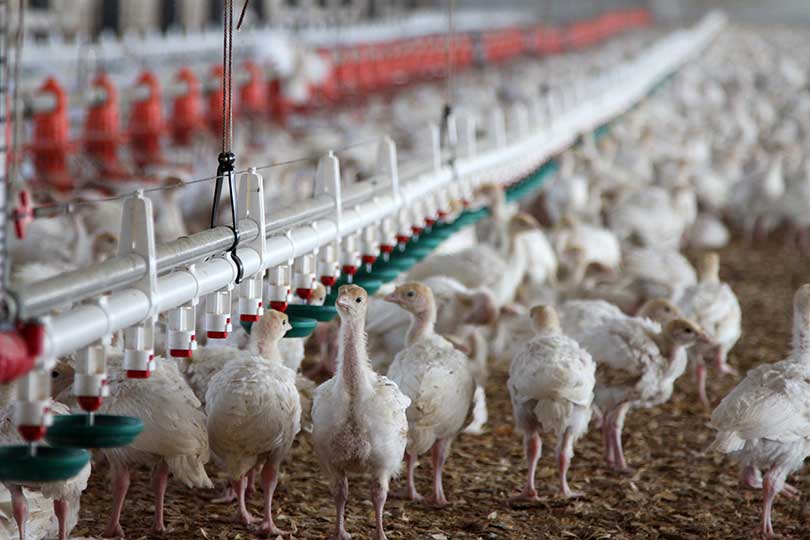Since 1921, the Packers and Stockyards Act has protected farmers and ranchers from unfair and deceptive practices at livestock and poultry markets across the U.S.
Nearly 100 years later, marketing is different—no matter where or how you look at it.
The Grain Inspection, Packers and Stockyards Administration (GIPSA) has seen its share of changes, and in recent years, efforts to better help farmers and ranchers have come under heavy scrutiny.
“The origin of the upcoming Farmer Fair Practices Rules was the 2008 Farm Bill, where USDA was tasked with updating GIPSA rules to address the timeless concerns of unfair practices but reflect more current market conditions,” said Tracy Tomascik, Texas Farm Bureau (TFB) associate director of Commodity and Regulatory Activities.
The final rule was issued in 2011, but agricultural groups in opposition to several items successfully introduced Agriculture Appropriations bill riders that prohibited funding for certain parts of the rule. This occurred in various forms in 2012, 2013, 2014 and 2015 appropriations bills, but it was left out in 2016.
Without funding prohibitions, the U.S. Department of Agriculture (USDA) began work again on rules inked eight years earlier.
This month, it’s expected USDA will release their updated version that will focus on three primary topics, while leaving out some of the more controversial issues like requiring written justification for price differences for similar commodities.
American Farm Bureau Federation Director of Congressional Relations Trudy Wastweet noted “the secretary of agriculture has mentioned in communication to agricultural groups that three rulemakings are now under development—evaluating the scope of the Packers and Stockyards (P&S) Act, unfair practices and undue preferences and poultry grower ranking systems.”
But concerns still loom as farmers and ranchers await USDA interpretation of the scope of the P&S Act. Unfair practices and undue preferences could be seen as the most important revision in the proposed rule.
“Today, GIPSA requires proof in order to claim unfair competition or competitive injury, but it’s concerning that current evaluations could interpret the scope of unfair competition only require an unsubstantiated claim that a grower was the victim of competitive harm,” Tomascik said.
In other words, if a grower feels they were ripped off, they could claim violation of GIPSA or make an allegation without proof, putting packers at a greater risk of a lawsuit and getting tied up in court. This could create a playground for trial lawyers, but it is yet to be determined how the USDA will rewrite this.
Unfair practices and undue preferences, as well as a lack of standards for tournament style ranking systems, are of particular concern for contracted poultry growers.
“Possibilities are endless in unfair practices, but examples could be sudden changes in time of delivery bonuses or premium pricing programs. If a grower is in a tournament system, they could be put at a disadvantage by delivery of mismatched chick age, have disadvantaged feeding systems or take delivery of unhealthy birds,” Tomascik said.
The provisions blocked by the appropriations riders prevented some beneficial pieces from being included in the unfair practices and undue preferences rule, according to Wastweet. These unfair practices could include retaliation for comparing contracts among growers, right to a jury trial and termination of a contract without justification.
It’s hopeful these Farmer Fair Practices Rules will provide a beneficial and balanced approach for everyone involved in raising livestock.
“We are hopeful that we will see in this new Farmer Fair Practices Rules package many of the constructive changes that are helpful to farmers and ranchers return in the proposal. We hope that also includes some tweaks or clarifications of those provisions that we thought were concerning,” Wastweet said. “Farm Bureau has been working hard on GIPSA to be finalized. We really want the remedies for our poultry growers, and we are very cautious about unintended changes impacting our beef and pork producers.”

